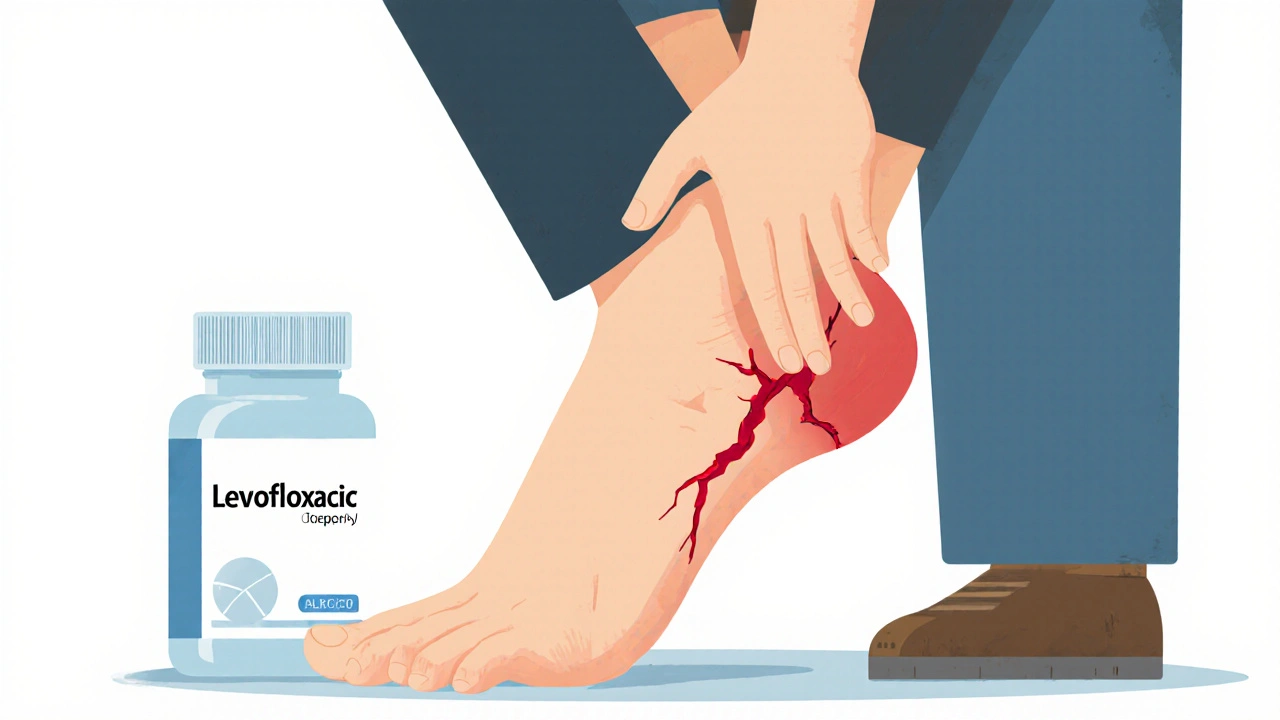Achilles Tendon Injury: Causes, Recovery, and Medications That Help
When you feel a sharp pain at the back of your heel, especially after running or jumping, you might be dealing with an Achilles tendon injury, a common overuse condition affecting the thick band of tissue connecting your calf muscle to your heel bone. Also known as Achilles tendinitis, it’s not just a minor soreness—it can sideline you for weeks if ignored. This isn’t just a problem for athletes. Anyone who suddenly increases their activity, wears worn-out shoes, or has tight calf muscles is at risk.
The injury often starts as a dull ache that gets worse with movement. You might notice stiffness in the morning, swelling near the heel, or a crackling sound when you touch the area. Anti-inflammatory meds, like ibuprofen or naproxen, are commonly used to reduce pain and swelling, but they don’t fix the root problem. They just buy you time. And overusing them can mask warning signs, letting the tendon get worse without you realizing it. Meanwhile, tendon recovery, the real solution, relies on rest, gradual loading, and physical therapy—not just pills. Studies show that eccentric heel drops, a simple exercise where you lower your heel slowly off a step, are more effective than any drug for long-term healing.
Some people turn to topical creams or supplements like collagen or vitamin C, hoping for a quick fix. But the truth is, healing takes patience. The Achilles tendon has poor blood flow, so it repairs slowly. Rushing back to running or jumping too soon is the #1 reason injuries come back. Even after the pain fades, the tendon may still be weak. That’s why physical therapists focus on rebuilding strength, not just reducing pain. And if you’re on certain medications—like fluoroquinolone antibiotics, which are sometimes prescribed for infections—your risk of tendon damage goes up. It’s not common, but it’s real. Always check with your doctor if you’re taking other drugs while recovering.
What you’ll find in the posts below isn’t a list of miracle cures. It’s practical, real-world advice from people who’ve been there. You’ll see how medications like those used for heart conditions or inflammation can accidentally affect tendon health. You’ll learn how to tell the difference between normal soreness and something serious. And you’ll get clear tips on what to do—and what to avoid—when your heel starts hurting. No fluff. No hype. Just what works.
